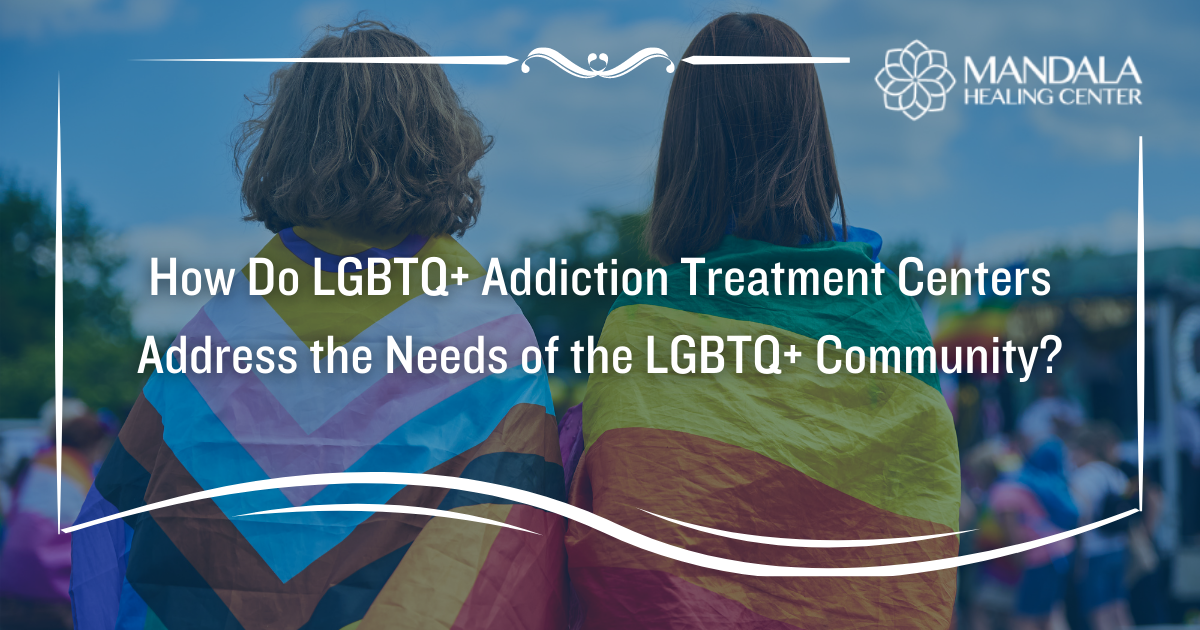Addiction makes an impact on the lives of millions of people in the United States. The consequences of untreated addiction can be severe. People often experience harm to their physical and emotional health, loss of important relationships, and serious financial and legal problems that alter the course of their life.
With good, comprehensive treatment, people have the chance to recover and live healthy, sober lives. In addiction treatment, people get the support they need to overcome addiction and the skills required to avoid relapse in the future. For many, completing a treatment program is the first step toward a healthy, fulfilling future that they choose.
However, despite the serious consequences of addiction and the benefits of treatment, many people who live with substance abuse don’t get the help they need. There are many reasons a person may not seek treatment when they need it. Some worry about how they will be perceived by others or worry about the cost of treatment, and some are unable to take time away from work or their family.
In addition to other reasons, members of the LGBTQ+ community, in particular, may not feel comfortable joining a rehab program because they fear discrimination or rejection. They may not feel confident in the staff’s ability to care for their needs or understand their concerns.
LGBTQ+ addiction treatment centers offer an inclusive, safe environment for people in this community to get the treatment they need. Understanding the benefits of LGBTQ+ drug and alcohol rehab centers can help you make informed choices about your care and help you feel confident in the program you choose.
Understanding LGBTQ+ Addiction Treatment Programs
Addiction is a complex condition. Being part of the LGBTQ+ community and living with addiction can make getting competent, comprehensive treatment seem more difficult. Many treatment facilities are simply not prepared to offer informed, inclusive treatment programs that can help members of the LGBTQ+ community heal and thrive.
Addiction treatment happens in stages. While each person receives an individualized treatment plan to meet their specific needs, programs generally include:
- Medically supervised detox: People are monitored and treated for discomfort or dangerous symptoms of withdrawal.
- Treatment: After a complete detox, people start a treatment program that combines evidence-based therapies and holistic treatments. This may include individual and group therapy, medications, mental health and medical care, family therapy, exercise, nutrition counseling, education, massage, yoga, meditation, and other healing practices.
- Aftercare: Since people must manage addiction for life, it is important to create an aftercare plan that addresses their need for support and ongoing education and engagement in recovery.
LGBTQ+ drug and alcohol rehab centers offer specialized, inclusive treatment options for people in the community. The staff are specially trained and experienced in serving the LGBTQ+ community. Often, these facilities employ specialists who are part of the community, too.
Why Do People Need Specialized LGBTQ+ Addiction Treatment?
Members of the LGBTQ+ population face different challenges and have different needs from the general population. Many people in the community face a lack of access to adequate health care or health insurance and are more likely to face unemployment or a lack of advancement in their careers.
In addition to a lack of access to the care they need, people in the LGBTQ+ community are prone to chronic stress and mental health issues as a result of their stressors, which can include:[1]
- Hate crimes
- Bullying
- Discrimination
- Public humiliation
- Threats
- Shame
- Rejection from family or friends
There are many co-occurring disorders among people in the LGBTQ+ population who live with addiction. These can include:
- Depression
- General Anxiety
- Chronic stress
- Suicidal ideation and self-harm
Research suggests that between 20-30% of people who identify as part of the LGBTQ+ community abuse drugs or alcohol, compared to 9% of the general population.[2] Many people living with chronic stress, mental illness, or trauma self-medicate with drugs or alcohol. This is thought to contribute to the higher rates of substance abuse in the LGBTQ+ population when compared to the general population.
Special Considerations in LGBTQ+ Drug and Alcohol Rehab Centers
The staff at an LGBTQ+ addiction treatment center needs to provide a safe environment where people can recover and heal from addiction and co-occurring disorders or trauma. This requires special training, experience, and sensitivity.
Centers must also provide competent, accepting medical care to address physical health conditions or concerns. This is especially important for transgender patients who may have faced incompetence or skepticism when receiving medical care in the past. Staff must also understand how hormone therapy affects addiction treatment practices.
Learn More About LGBTQ+ Substance Abuse Treatment at the Mandala Healing Center
If you or someone you love require comprehensive LGBTQ+ addiction treatment, reach out to the caring staff at the Mandala Healing Center. We offer a range of treatment programs and supportive services to people in recovery.
Don’t wait for the sensitive, inclusive care you deserve. Call to speak to one of our admissions counselors about getting started today.
References:
- https://www.ncbi.nlm.nih.gov/pmc/articles/PMC2072932/
- https://nida.nih.gov/drug-topics/substance-use-suds-in-lgbtq-populations












